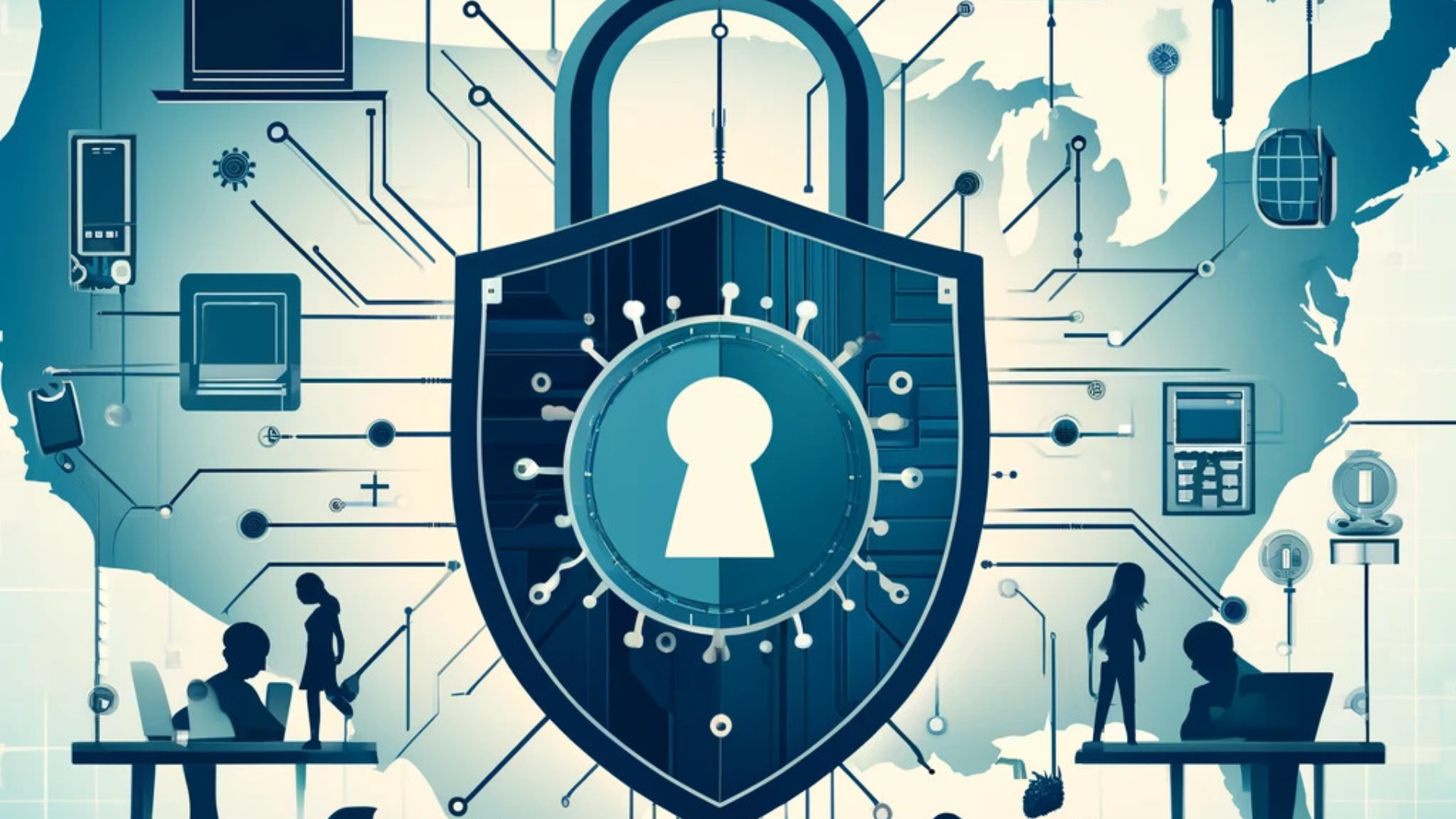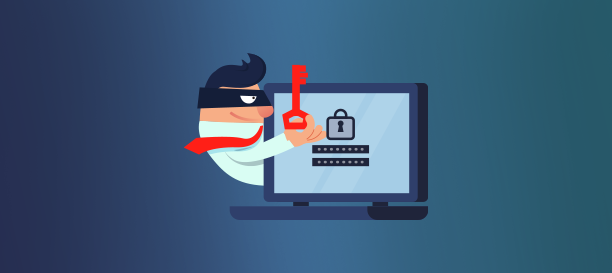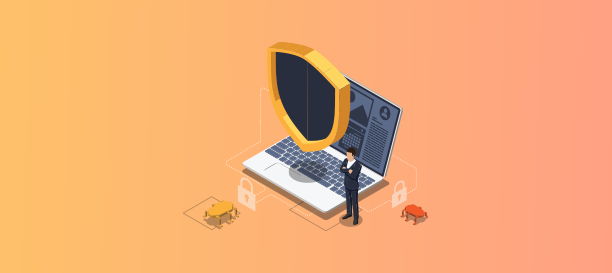Cybercrime – Two basic routines to Protect Your Data
Cybersecurity is certainly not something to be ignored by organizations no matter how big or small they may be in terms of client base, staff or sales revenue. This is because cybercriminals don’t discriminate when it comes to choosing their victims. While bigger organizations may be better equipped to thwart a cyberattack, smaller businesses may lack the resources to do so. Also, smaller businesses will find it more difficult to bounce back from a cybersecurity incident. However, that doesn’t mean small businesses should give up on cybersecurity altogether. There are many ways in which SMBs can up their cybersecurity game. Here’s how…
Regular backups
By conducting regular backups of their data, businesses can ensure that any unforeseen data loss, theft or ransomware causes minimal damage. One caveat here though is that the data backups have to be stored safely such that they are ‘clean’, that is, uninfected and accessible. Also, the keyword here is regular. Backups must be as frequent as possible, to ensure that data loss is minimal.
Password hygiene
Companies must emphasize the importance of maintaining good password hygiene. Broadly speaking good password hygiene involves-
- Using passwords that are not easily decipherable. Examples include avoiding passwords that can be easily guessed such as the company or user’s name, vocabulary words, even in a forgien language aren’t especially safe.
- Using a combination of alphabet letters, symbols, and numbers, mixing font cases, etc.
- Not sharing passwords with anyone, no matter who asks for it, or however urgent it sounds
- Updating passwords regularly and also when an employee who had the access leaves their position or has their access revoked
- Using password encryption software when entering passwords or sharing them










